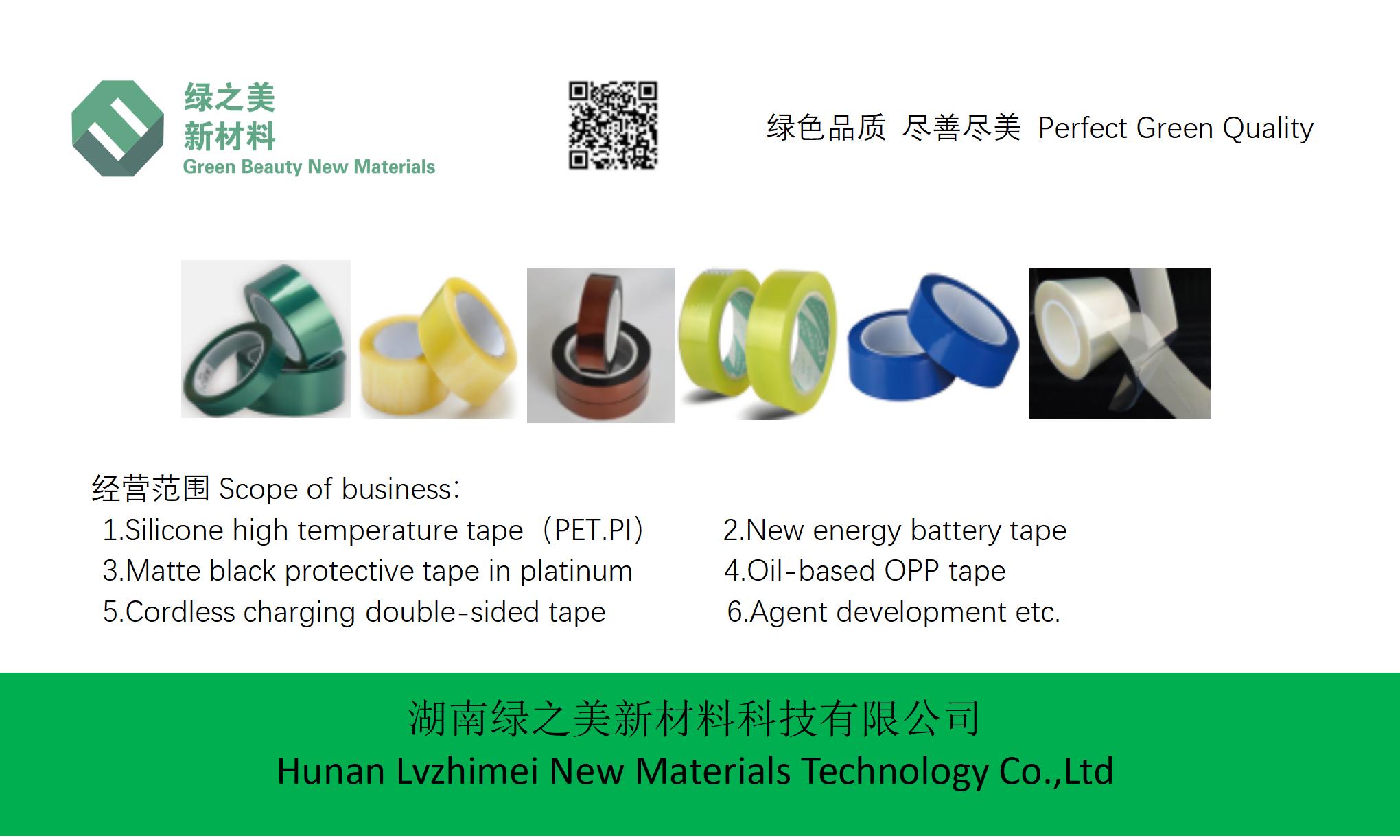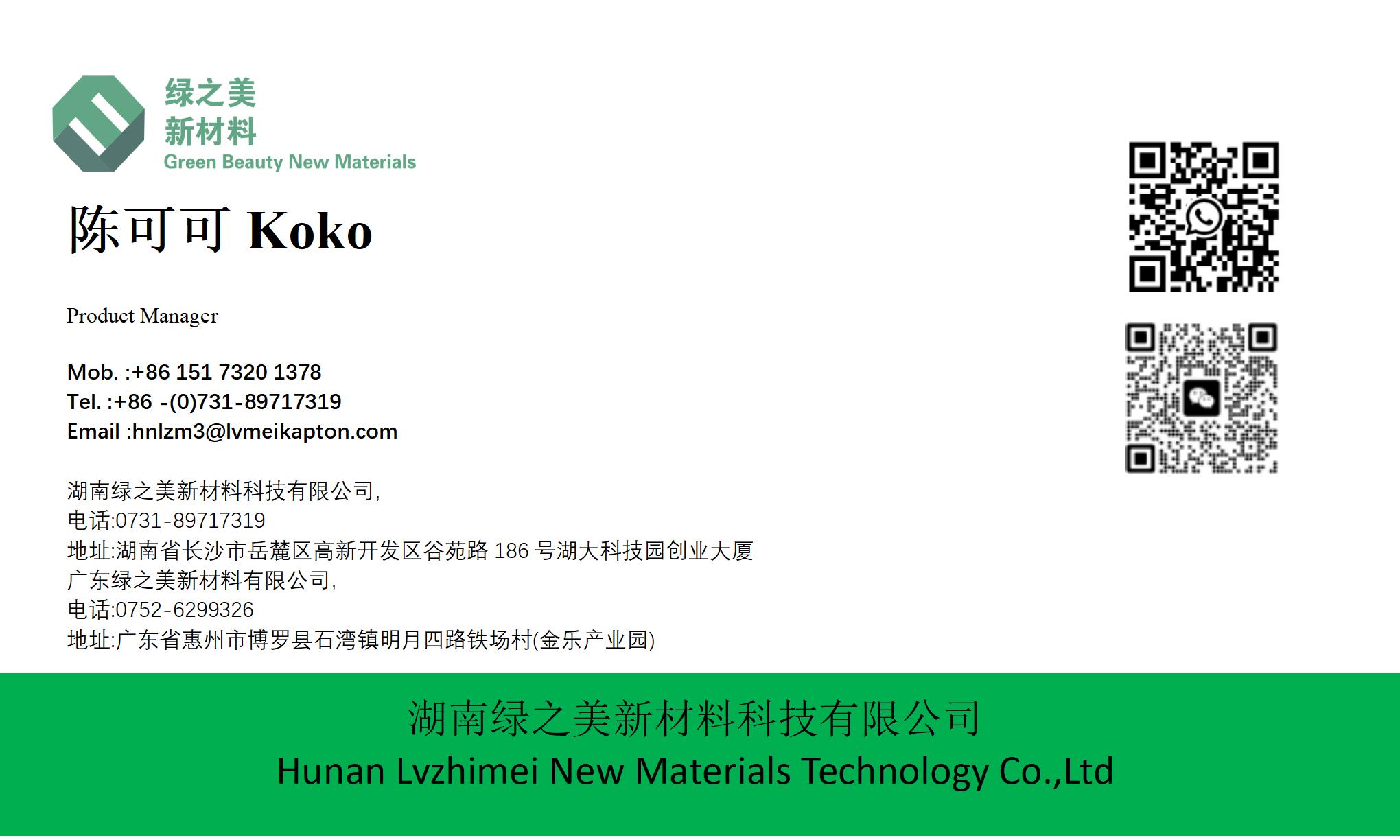hnlzm@lvmeikapton.com
+86 13787123465


Hunan Lvzhimei New Material Technology Co., Ltd.


NameDescriptionContent
How Kapton Tape Contributes to Automotive Manufacturing |https://www.lvmeikapton.com/
Source:
|
Author:Koko Chan
|
Published time: 2025-05-21
|
367 Views
|
Share:
This article delves into the pivotal role of Kapton tape in automotive manufacturing, emphasizing its contributions to engine component protection, electric vehicle battery insulation, and adherence to stringent quality control standards. By exploring its unique properties of high-temperature resistance, flame retardancy, and chemical resistance, the study highlights how Kapton tape enhances durability, safety, and efficiency in modern automotive systems. The discussion also examines its alignment with industry guidelines such as IPC-2221, underscoring its significance in maintaining electrical integrity and reliability.
How Kapton Tape Contributes to Automotive Manufacturing
By [koko]Date: May 21, 2025
AbstractThis article delves into the pivotal role of Kapton tape in automotive manufacturing, emphasizing its contributions to engine component protection, electric vehicle battery insulation, and adherence to stringent quality control standards. By exploring its unique properties of high-temperature resistance, flame retardancy, and chemical resistance, the study highlights how Kapton tape enhances durability, safety, and efficiency in modern automotive systems. The discussion also examines its alignment with industry guidelines such as IPC-2221, underscoring its significance in maintaining electrical integrity and reliability.
Keywords: Automotive manufacturing, Kapton tape, lvmeikapton insulating electrical tape
1. IntroductionThe automotive industry’s continuous evolution toward electrification, lightweight design, and enhanced safety demands innovative materials capable of withstanding extreme conditions. Kapton tape, a high-performance adhesive solution based on polyimide film, has emerged as a critical component in automotive manufacturing processes. Its exceptional thermal stability, chemical inertness, and electrical insulation properties make it indispensable in protecting engine components, securing electrical systems, and ensuring compliance with quality control protocols. This article systematically analyzes Kapton tape’s contributions across three key domains: engine protection, electric vehicle (EV) battery insulation, and adherence to industry-standard quality frameworks.
2. Understanding Kapton TapeKapton tape, often referred to as PI (polyimide) tape, is manufactured by coating polyimide film—a thermally stable and chemically robust polymer—with specialized adhesive layers. Key characteristics include:
●
Temperature Resistance: Capable of enduring temperatures ranging from -269°C to 400°C, Kapton tape maintains mechanical and electrical integrity even under thermal extremes.
●
Flame Retardancy: Classified as UL-94 V-0, it exhibits self-extinguishing properties and minimal smoke emission, crucial for automotive safety.
●
Chemical Resistance: Immune to solvents, acids, and alkalis, protecting components from corrosive environments.
●
Electrical Insulation: High dielectric strength (up to 190 kV/mm) and low outgassing in vacuum, ensuring reliable electrical performance.
●
Flexibility and Adhesion: Thin yet durable, it conforms to complex geometries without compromising adhesion.
These attributes position Kapton tape as a versatile solution for automotive applications subjected to heat, vibration, chemical exposure, and electrical stress.
3. Engine Component Protection3.1 High-Temperature喷漆 ProtectionAutomotive engine components—such as manifolds, exhaust systems, and turbochargers—undergo high-temperature喷漆 processes during assembly or maintenance. Traditional tapes may degrade, peel, or release harmful fumes under prolonged exposure. Kapton tape’s ability to withstand prolonged temperatures up to 280°C (short-term up to 400°C) makes it ideal for masking surfaces during喷漆 cycles. Its inert nature prevents chemical reactions with paints, solvents, or coatings, ensuring clean removal without residue or damage.
3.2 Wire Harness固定 and Thermal ManagementEngine compartments host intricate wire harnesses subjected to thermal fluctuations (-40°C to 150°C) and mechanical stress. Kapton tape’s superior adhesive strength and thermal stability offer:
●
Secure捆扎: Preventing wire abrasion and displacement in vibrating environments.
●
Thermal Buffering: Shielding wires from radiant heat, prolonging insulation lifespan.
●
Corrosion Protection: Resistance to oil, coolant, and brake fluid ensures long-term functionality.
Table 1 illustrates Kapton tape’s performance advantages over conventional automotive tapes:
Table 1: Comparison of Automotive Insulation Tapes
Property | Kapton Tape | Vinyl Tape | PET Tape |
Max Temperature | 400°C | 150°C | 220°C |
Chemical Resistance | Excellent | Moderate | Poor |
Dielectric Strength | 190 kV/mm | 80 kV/mm | 120 kV/mm |
Long-term Adhesion | >10 years | 3-5 years | 2-3 years |
3.3 Sensor and Electronics ShieldingModern engines rely on sensors (e.g., oxygen sensors, temperature probes) and electronic control units (ECUs) located near heat sources. Kapton tape’s ability to withstand thermal cycling and electrical noise interference ensures these components’ accuracy and longevity. Its anti-static variants further protect sensitive electronics from electrostatic discharge (ESD).
4. Electric Vehicle Battery InsulationThe proliferation of EVs demands robust insulation solutions to mitigate thermal runaway and electrical hazards. Kapton tape plays a pivotal role in:
4.1 Battery Module封装EV battery packs operate under high charge/discharge temperatures (up to 85°C) and experience thermal cycling. Kapton tape’s:
●
Thermal Management: Reducing heat accumulation around cells.
●
Electrical Isolation: Preventing short circuits between high-voltage modules.
●
Mechanical Reinforcement: Enhancing module structural integrity.
4.2 Busbar and Cable InsulationHigh-voltage busbars and cables in EVs require insulation materials with exceptional dielectric strength. Kapton tape’s 5000V withstand voltage, coupled with its flexibility, enables reliable wrapping of irregularly shaped components. Its resistance to electrolyte corrosion ensures safety even in battery leak scenarios.
4.3 Safety ComplianceEV manufacturers adhere to stringent safety standards (e.g., IEC 60664, UL 2580). Kapton tape’s UL certification and flame-retardant properties align with these requirements, reducing fire risks and ensuring system reliability.
5. Quality Control and IPC-2221 ComplianceIn automotive manufacturing, quality assurance is paramount. Kapton tape’s application aligns with industry guidelines, particularly IPC-2221 (Sectional Design Standard for Rigid Organic Printed Boards), which specifies electrical insulation requirements. Key contributions include:
5.1 Trace Isolation in Power ElectronicsAutomotive power control modules (PCMs) utilize Kapton tape to insulate high-voltage traces, preventing arcing and maintaining signal integrity. Its low thermal expansion coefficient (CTE) matches that of copper, minimizing stress during thermal cycling.
5.2 Assembly Process ValidationKapton tape’s consistent adhesive performance and dimensional stability support automated assembly lines. Its resistance to solvents used in cleaning processes ensures tape integrity during quality inspections.
5.3 Long-term Reliability TestingAutomotive components undergo rigorous life-cycle testing (e.g., thermal shock, vibration fatigue). Kapton tape’s durability, validated through IPC-2221 protocols, ensures insulation reliability exceeding 10 years, meeting OEM warranty expectations.
6. Case Studies: Real-world Applications6.1 Tesla Battery Pack InsulationTesla’s lithium-ion battery modules utilize Kapton tape for cell separation and thermal barriers. Its ability to withstand continuous 85°C operation and rapid charge cycles enhances battery pack longevity.
6.2 BMW Engine Harness ProtectionBMW integrates Kapton tape in engine wire harnesses, reducing maintenance costs by 30% through improved resistance to oil degradation and thermal aging.
6.3 Toyota Hybrid System ShieldingToyota employs Kapton tape in hybrid power electronics, leveraging its ESD protection to safeguard sensitive control units from electromagnetic interference.
7. Challenges and Future TrendsWhile Kapton tape offers unparalleled performance, challenges include cost optimization and eco-friendly adhesive formulations. Ongoing research focuses on:
●
Nano-engineered Adhesives: Enhancing adhesion without compromising thermal resistance.
●
Recyclable Polyimide Variants: Addressing end-of-life sustainability concerns.
●
3D Printing Integration: Developing Kapton-based tapes for additive manufacturing of automotive components.
8. ConclusionKapton tape’s unique synergy of thermal resilience, chemical immunity, and electrical insulation revolutionizes automotive manufacturing. From safeguarding engine components under extreme heat to enabling EV battery safety and facilitating quality control, its contributions span reliability, efficiency, and safety. As the industry shifts toward electrification and智能化, Kapton tape’s role will only expand, driven by advancements in material science and sustainability.


Hunan Lvzhimei New Material Technology Co., Ltd.
Quick Links
Product Categories
© 2024 Hunan Lvzhimei New Material Technology Co., Ltd.All Rights Reserved. Designed by Erge
0731 - 89717319
hnlzm@lvmeikapton.com
+86 13787123465
Room 502, Chuangye Building, No186, Guyuan Road, High-Tech District, Changsha, Hunan, China
CONTACT









